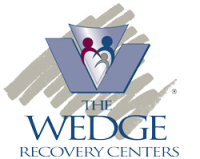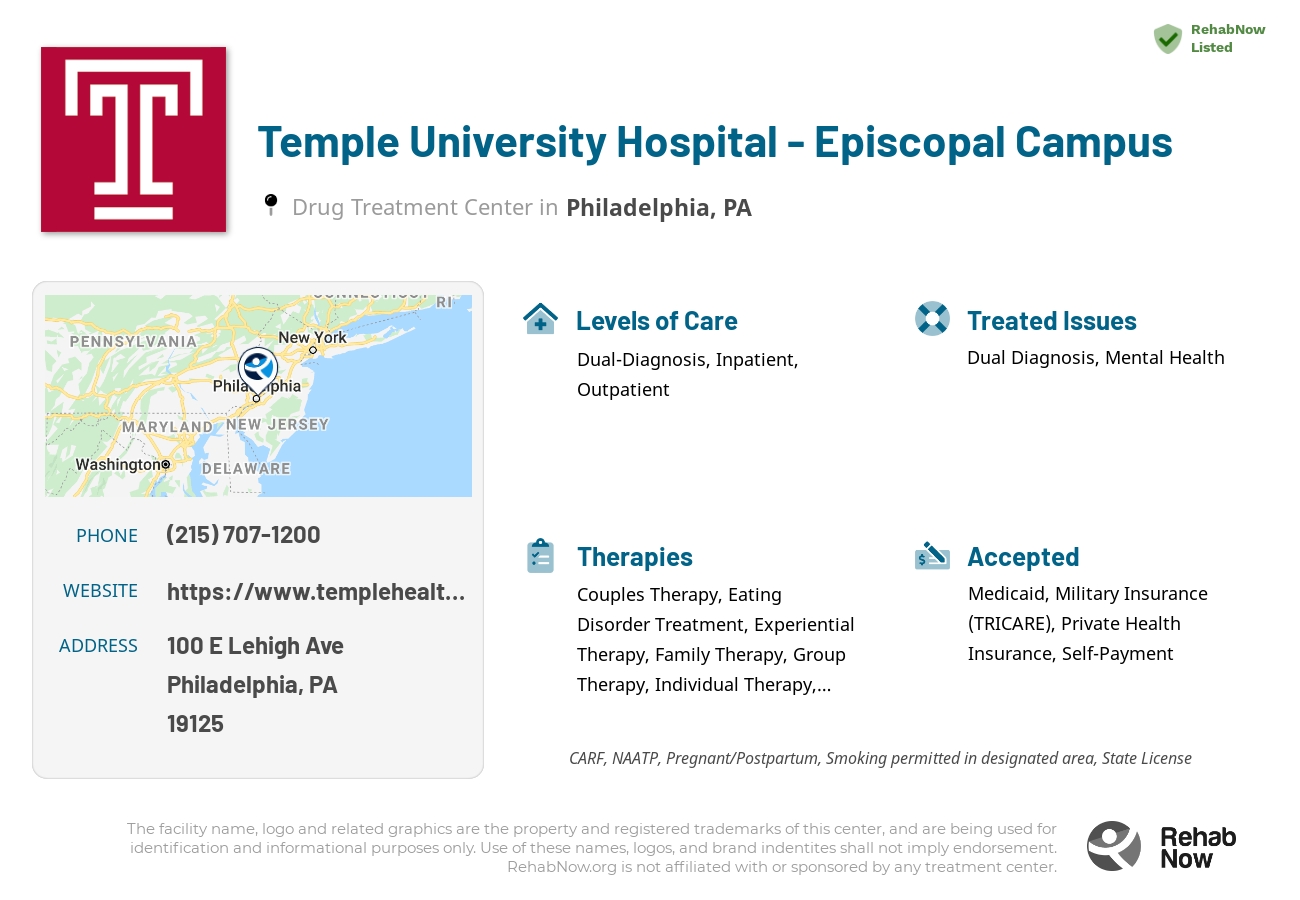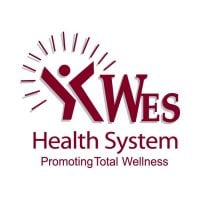
Temple University Hospital - Episcopal Campus
Drug Rehab Center in Philadelphia, Pennsylvania
- Mental Health
- Eating Disorder
- Dual Diagnosis
Temple University Hospital - Episcopal Campus provides full-service addiction and substance abuse treatment through evidence-based treatments and services, compassionate care, and holistic healing.
About This Philadelphia, PA Facility
Temple University Hospital – Episcopal Campus is an accredited, full-service hospital located in Philadelphia, Pennsylvania. They offer a wide range of services, specializing in addiction and substance abuse treatment. Their experienced team of professionals provide personalized care to individuals and families struggling with addiction, offering a range of evidence-based treatments and services, including detoxification, medication-assisted treatment, relapse prevention, and aftercare services.
At Temple University Hospital – Episcopal Campus, their compassionate team is dedicated to providing the highest quality of care to those in need. They utilize evidence-based treatments and therapies, such as cognitive-behavioral therapy, individual and group counseling, and family therapy. Patients are also provided with life skills training and additional services for long-term recovery. In addition, the staff takes a holistic approach to healing, offering nutrition counseling, spiritual support, and other services to complement the traditional evidence-based treatments.
Temple University Hospital – Episcopal Campus is accredited by The Joint Commission and holds several state licenses, such as the Pennsylvania Department of Drug and Alcohol Programs. In addition, they are also a member of the National Association of Addiction Treatment Providers and they also offer telemedicine and tele-addiction services. They were also recently awarded a High Performing rating by U.S. News & World Report for their care of patients with substance abuse disorder.
Genders
Ages
Modality
Additional
Conditions and Issues Treated
When someone in Pennsylvania struggles with both addiction and mental or emotional illness, this is considered a dual diagnosis. Dual diagnosis treatment can include emotional trauma, bipolar disorder, schizophrenia, depression. Getting treatment for these issues must occur at the same time to treat either of them effectively.
Levels of Care Offered
This center offers a variety of custom treatment tailored to individual recovery. Currently available are Dual-Diagnosis, Inpatient, Outpatient, with additional therapies available as listed below.
Inpatient rehabilitation aims to treat severe addictions and co-occurring disorders. Depending on individual requirements, the duration of the stay at Temple University Hospital - Episcopal Campus ranges from four weeks to six months. Pennsylvania inpatient recovery guarantees that the patient resides in an environment free of drugs.
Temple University Hospital - Episcopal Campus‘s Therapies & Programs
Treatment programs include individual therapy for the greatest chances of success. Customized individual therapy is counseling involving you and your Temple University Hospital - Episcopal Campus counselor. Individual therapy leads to greater peace and understanding about your triggers for addiction.
Spousal relationships bear the brunt of alcohol and drug dependence. It becomes critical to submit the relationship to couples therapy to prevent straining it further. Some facilities like Temple University Hospital - Episcopal Campus in Philadelphia, PA offer couples therapy options to manage intimate partnerships amid the recovery process. Other couples-focused treatment plans can provide the patient and their partner tools to get things back to normal.
When family members are more proactive and involved in the treatment procedure, it encourages the patient to advance his or her progress. Moreover, it shouldn’t be ignored that genetics play a role when it comes to addiction, so it’s better to approach the problem as a unit. Also, with proper education, family members can help an individual avoid addiction triggers and guide him or her in making lifestyle changes necessary for his or her sobriety.
It has been said that unhealed trauma is the root of most addictions. Trauma therapy is a way of addressing trauma while in a safe situation in order to heal. Healing past traumas and introducing coping strategies are strong foundations for sustained recovery from addiction. This may involve individual or group counseling or both, in a Philadelphia, PA facility. Other forms of therapy have been proven to assist in healing past traumas.
Cognitive Behavioral Therapy (CBT) is a type of psychotherapy that focuses on the underlying thoughts and behaviors that caused the problem of addiction in the first place and may cause a relapse. Negative feelings are common in substance abuse disorders, and if not recognized, they can cause co-occurring disorders.
CBT involves strategies that help to change the thinking and behavioral pattern by cognitive restructuring. In simple terms, it helps to remove negative thoughts and provides long-term benefits. Also, CBT promotes self-awareness, self-control, and healthy ways to respond to negative thoughts. It can be administered as a mono-therapy as well as a part of combination therapy.
Addiction commonly results in varying levels of malnutrition, vitamin and mineral deficiencies. This can be reflected in weight loss, hair loss or hair changes, skin irregularities and damage to multiple internal body functions. While in active addiction meals can be skipped or replaced by drugs or alcohol. Eating correctly to replace lost vitamins and minerals while balancing your diet can build confidence while restoring your health from the inside out.
Nicotine Replacement Therapy (NRT) helps smokers get nicotine into their system without resorting to smoking. It’s a way to help people quit smoking without going cold turkey and experience aggressive withdrawal symptoms. The products (in the form of gums, sprays, patches, inhales, or lozenges) used in NRT provide the body with nicotine, excluding the toxic substances found in tobacco.
NRT treatment at Temple University Hospital - Episcopal Campus in Philadelphia, Pennsylvania lowers down nicotine cravings, so the patient does not go through physical weakness while dealing with the emotional and mental stress of quitting smoking. Coupling NRT with counseling and other means of support gives long-term smokers a better chance of removing their unhealthy habit.Patient Experience
Experiential Therapy at Temple University Hospital - Episcopal Campus
Experential therapy is a unique type of therapy that deals with the subconscious mind. This treatment offered by Temple University Hospital - Episcopal Campus in Philadelphia, PA encourages individuals to work out their issues with their inner self. Some of the most common examples of experiential therapy are equine therapy, music therapy, adventure therapy, and role playing.
Payment Options Accepted
For specific insurance or payment methods please contact us.
Is your insurance accepted?
Ask an expert, call (888) 674-0062
Additional Details
Specifics, location, and helpful extra information.
Philadelphia, Pennsylvania 19125 Phone Number(215) 707-1200 Meta DetailsUpdated November 25, 2023
Staff Verified
Patient Reviews
There are no reviews yet. Be the first one to write one.
Philadelphia, Pennsylvania Addiction Information
Pennsylvania ranks 14th in the nation for drug-related deaths. More than 10% of all deaths in Pennsylvania have been related to drugs and alcohol. 30% of Pennsylvania youth reportedly drink alcohol monthly, with more than 20,000 teenagers having an alcohol problem. The rate of opioid misuse in Pennsylvania is double the national average.
Drug addiction and abuse are a big problem in Philadelphia, Pennsylvania. According to recent statistics, about 73,000 people in Philadelphia struggle with drug addiction. This means that about 7.5% of the population is addicted to drugs. Philadelphia also has one of the highest overdose rates in the country, with about four deaths per 100,000 people. It is important to choose a program that fits the individual's needs and addiction severity.
Treatment in Nearby Cities
- Somerset, PA (209.2 mi.)
- Sellersville, PA (26.8 mi.)
- Waverly, PA (110.5 mi.)
- Brookhaven, PA ( mi.)
- Beavertown, PA (119.7 mi.)
Centers near Temple University Hospital - Episcopal Campus



The facility name, logo and brand are the property and registered trademarks of Temple University Hospital - Episcopal Campus, and are being used for identification and informational purposes only. Use of these names, logos and brands shall not imply endorsement. RehabNow.org is not affiliated with or sponsored by Temple University Hospital - Episcopal Campus.





